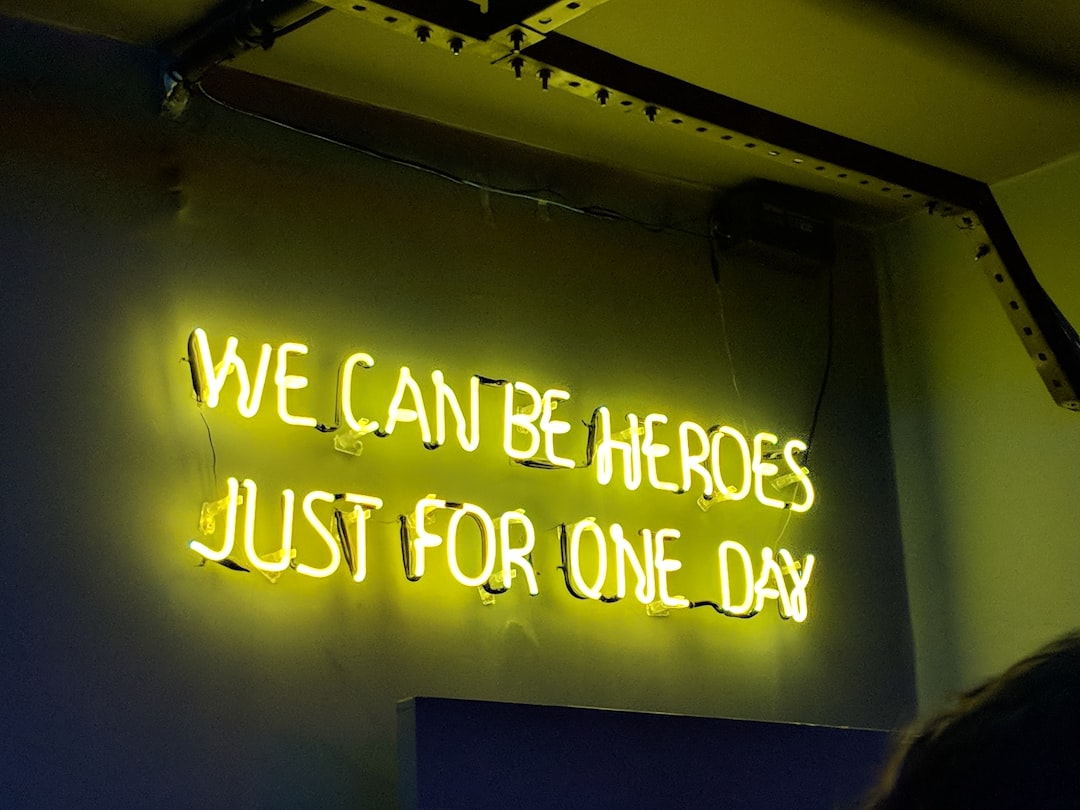Hacking SaaS #25 - We could be heroes
Celebrating the top contributors to the SaaS Developer Community, the community as a whole, the story of VaccinateCA and the heroes who built it, and other good links for SaaS developers.
Time flies and it is now 3 month since we last announced SaaS Developer Community Heroes. Individuals who stand out in the quality and quantity of their contributions to the community.
As I reviewed the community activity in the last 3 month, looking for individuals who stand out, one of the things I looked for is relevant content in the community Slack. Relevant content can be questions, opinions, links to blogs or tools. Developers linking to their own blog/podcast is a welcome contribution, but links to content for marketers, sales people or lawyers is not. Most off topic conversations are actually pretty much on-topic, but not my question about favorite music!
Between Feb and May, we had roughly 192 relevant messages in the community. Between May and August, I roughly counted 335. I felt a lot more energy and activity in the community recently, and the numbers support this feeling. Interestingly, the number of active people didn’t change much (~150 active members, and ~40 actively posting), but the most active members are a lot more active.
It is great to see the community becoming more active, more engaging, more useful and more fun. There are many people who contributed to this, but two stand out:
Colt McNealy
Colt is by far the most active community member. He initiated some of the most interesting conversations - about K8s, micro services, open source and many discussions about the tradeoffs of the different SaaS deployment models. He also actively responded to other’s questions and opinions on a huge variety of topics. Always bringing curiosity, perspective and facts to the discussion.
Colt recently launched his startup LittleHorse, where he is building the future of micro services orchestration on top of Kafka Streams. He shared his journey and his passion for performance and Kafka Streams in the SaaS Developer YouTube:
Daniel Chaffelson
Daniel is currently a data engineer at TinyBird , serverless real-time analytics company. He has deep experience in the data space, but seems to know almost everything. In the SaaS developer community, you can find him contributing to conversations about Python best practices, Serverless technologies, enterprise security requirements, SaaS deployment models, design patterns, micro services architecture and a lot more.
He doesn’t just have a wide area of expertise, he also had a very wide-ranging career. Daniel was a software engineer, an SRE, a founder, solutions architect, director of field engineers and a sales engineer. Having worn the engineering hat, the manager hat and the customer-facing hat, he brings valuable perspective to every conversation. SaaS is never *just* about the technology, but it is never *just* about the business either.
5 Good Links
Speaking of heroes, the story of VaccinateCA, is a fantastic story of engineering, entrepreneurship, hacking and getting shit done. And it ended up doing enormous good for millions of people.
Charity Major wrote the ultimate guide to communicating when trust is low. Charity’s writing is always great - practical and no BS. Just acknowledging that some relationships require a bit more care in communication, without any judgement or blame about this situation, is a good thing in our industry.
Great war story from Yugabyte on how they diagnosed and solved a mysterious issue with high latency IO. Always great to learn new tricks from someone else’s problems.
Every SaaS has an authentication problem. Kent Dodd asked on Twitter:
Anyone here have an end-to-end test that involves social login (OAuth) that actually goes through the full flow? Pretty sure the answer is no, but if so, how do you get around captchas?
The responses are enlightening, and worth keeping in mind next time you encounter a broken authentication flow.
Gitlab wrote about day-2 operations, what it takes to smoothly evolve and maintain large systems, and the ways Gitlab handles those challenges. I love the concept and enjoyed reading about the tools and techniques Gitlab uses.

